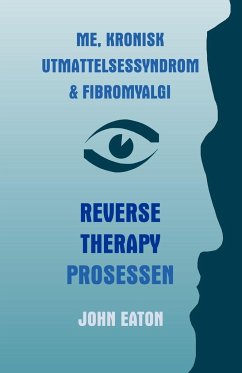The Future of Medicine: Identifying and Validating Therapeutic Targets in Drug Development Drug development is a complex and multi-faceted process that can take decades and billions of dollars to invest. At the heart of this process is the identification and validation of therapeutic targets, that is, biological molecules such as proteins, nucleic acids, or metabolites that play a critical role in the disease process and have the potential for therapeutic intervention. Target Discovery Therapeutic targets can be discovered in a number of ways, including: · Disease biology research: Researchers conduct basic and clinical research to understand the causes and effects of disease. This research can identify pathways that play a critical role in disease progression and can serve as targets for therapeutic intervention. · Genomics and proteomics: Through large-scale analysis of genetic and protein data, researchers can identify new targets. For example, genes or proteins associated with disease can be identified and evaluated as potential therapeutic targets. Target Validation Once a potential therapeutic target has been identified, it must be validated to ensure that it is a viable target for intervention. This validation process typically involves a number of steps, including: · In vitro studies: In vitro studies are conducted to assess the effect of a drug or other therapeutic agent on the target in a controlled laboratory setting. · In vivo studies: In vivo studies are conducted to assess the effect of a drug or other therapeutic agent on the target in a living organism.
Hinweis: Dieser Artikel kann nur an eine deutsche Lieferadresse ausgeliefert werden.
Hinweis: Dieser Artikel kann nur an eine deutsche Lieferadresse ausgeliefert werden.








